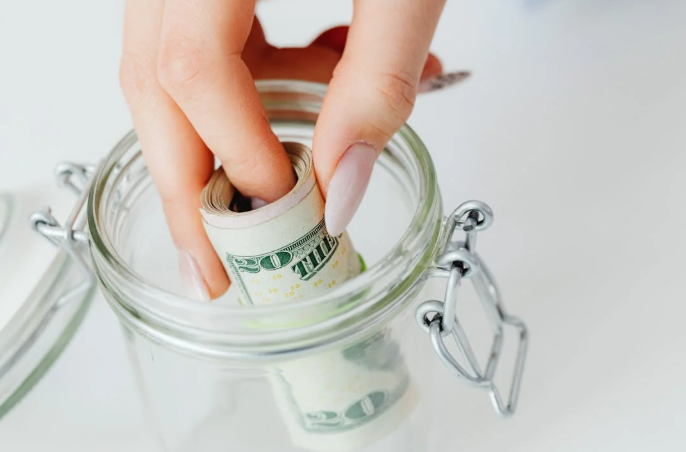A recent survey found that more than half of Americans can’t afford a $1,000 emergency expense. That means if the car breaks down, someone gets sick, or a job is lost, most households will be scrambling for a solution.
It’s easy to ignore this risk when everything feels stable. But emergencies don’t wait for the right time. They don’t give warnings. And they often show up when your bank account isn’t ready.
The good news is that you don’t need a perfect income or a six-figure job to prepare. What you need is a plan — one that helps you handle the unexpected without going into panic mode or debt.
This article walks you through simple, clear steps to build a financial emergency plan that actually works.
1. Find Out How Much You Really Need
You may have heard that you should save three to six months’ worth of expenses. That’s a good starting point, but it’s not one-size-fits-all.
If you live alone and have a stable job, three months might be enough. If you have a family or work freelance, you may want to aim for six or even more.
The first step is figuring out what your monthly needs are. Add up what you pay for rent or mortgage, food, basic utilities, transportation, and any insurance. Ignore extras like subscriptions or dining out. Focus only on what you must pay each month to stay afloat.
Once you know that number, multiply it by the number of months you want your fund to cover. That’s your savings goal.
If you’re still building up your savings, it’s okay to not have the full amount set aside right away. Emergencies can happen before your fund is complete, and in those cases, personal loans can help cover urgent costs while you get back on track. They’re a flexible option when you need immediate access to funds, especially if your income is temporarily affected.
2. Track Your Current Spending First
You can’t build a solid emergency plan without knowing how much you spend. That means taking a real, honest look at where your money goes right now.
Start by reviewing your last two or three months of bank and card statements. Write down what you spent on fixed bills, food, transport, and other daily needs. Notice patterns. You might be spending more than you think on small things.
Don’t skip this step. It helps you see what you’d need to keep your life running during a crisis — and where you can cut back if needed.
Use a basic spreadsheet or a simple app to help with tracking. The key is accuracy, not perfection.
3. Focus Only on the Essentials
When planning for emergencies, it’s important to know the difference between needs and wants. Rent, groceries, gas, phone, insurance — these are essentials. Everything else can wait.
Your emergency plan should be built around these core expenses. If you suddenly lose income, you should know exactly how much you need each month just to get by. That number will shape how you save and how long your money can last.
Cutting out non-essentials doesn’t mean you’re giving up fun forever. It just means that during tough times, you can shift your focus to what matters most without losing control.
4. Keep Your Savings in the Right Place
Where you keep your emergency fund matters almost as much as having it. If it’s in cash at home, it’s not secure. If it’s tied up in stocks or locked into long-term deposits, you might not be able to access it fast enough.
A high-yield savings account is a good place to store your emergency money. It gives you quick access when you need it, and your money earns some interest while it sits.
Don’t mix this fund with your regular checking account. You’ll be more tempted to spend it. Keep it separate, even at a different bank if needed. The goal is easy access without easy temptation.
5. Have a Backup Plan for Income Loss
Losing income is one of the hardest financial shocks. If your job isn’t guaranteed or if you’re self-employed, the risk is even higher. That’s why having a backup plan matters.
Think about how you could earn extra money in a short period. This doesn’t mean launching a full business. It could be freelancing, delivering groceries, or selling unused items online. These are short-term ways to stay afloat if your main income disappears.
You can’t predict every emergency, but you can prepare for most of them. A solid emergency plan gives you more than just money — it gives you clarity, options, and peace of mind.
Start where you are, even if it’s with a small amount. Build habits that support your goals. Talk openly with your family. And keep your plan up to date as life moves forward.
The unexpected might still come, but it won’t catch you off guard. With a plan in place, you’ll be ready to respond, not just react. That’s how real financial security begins.

